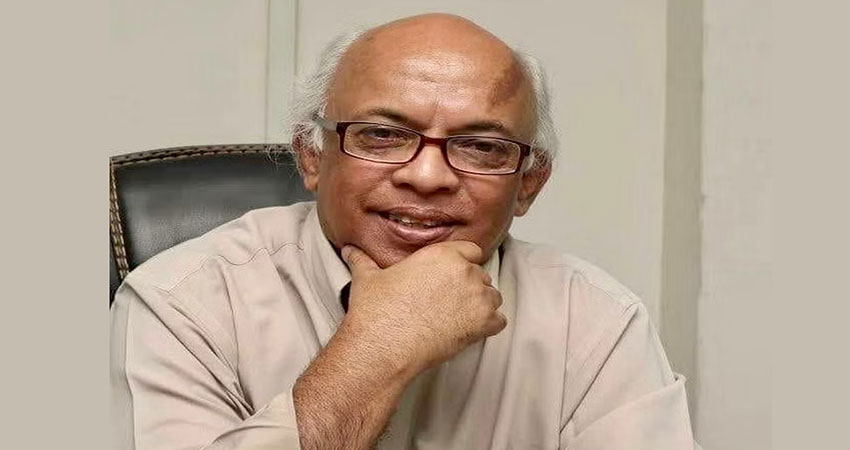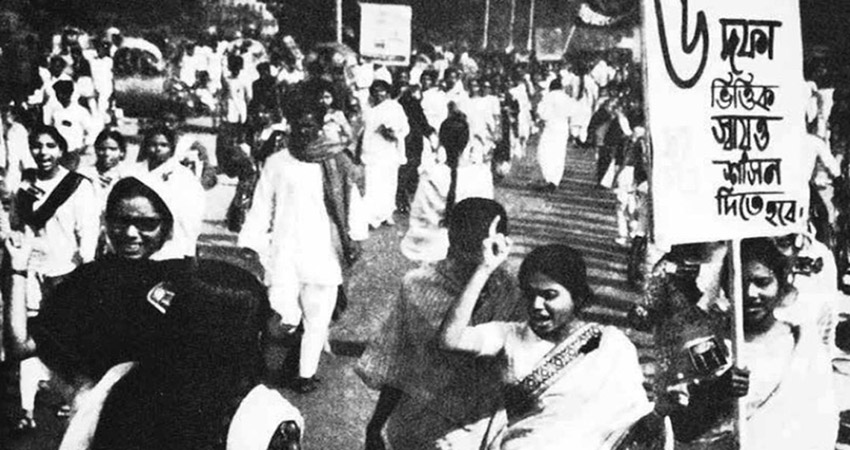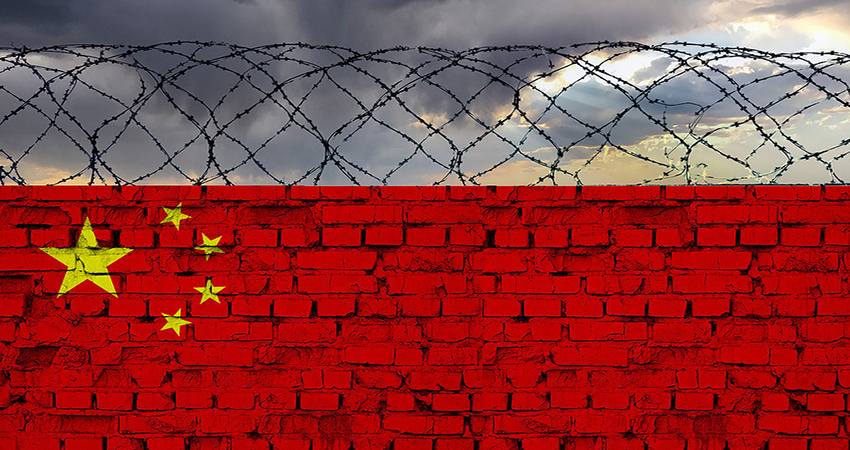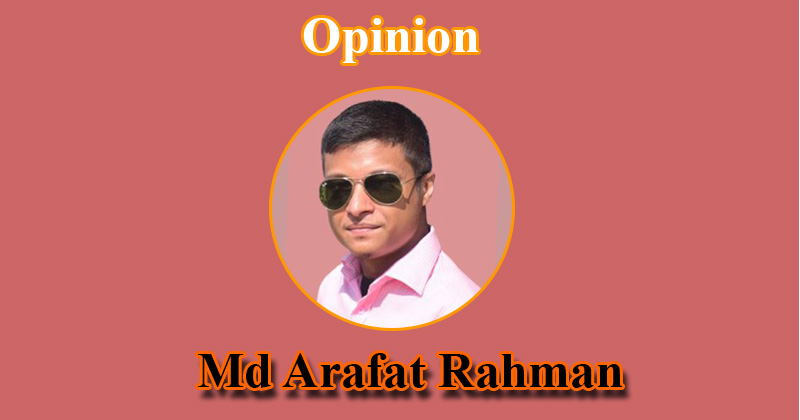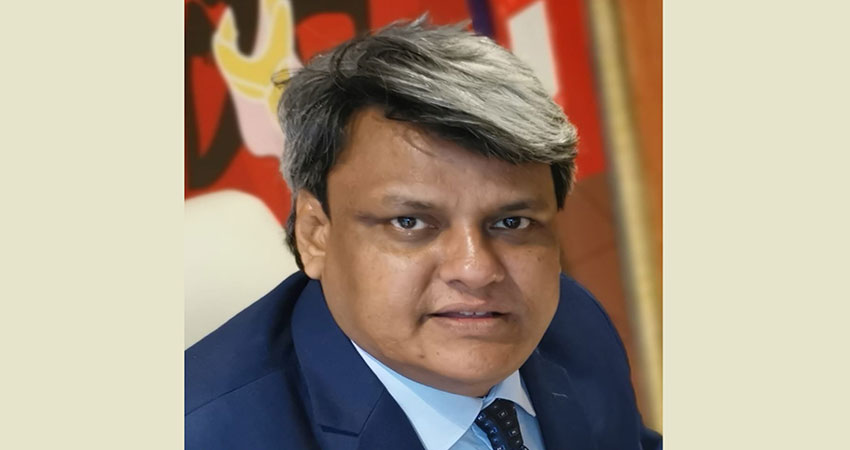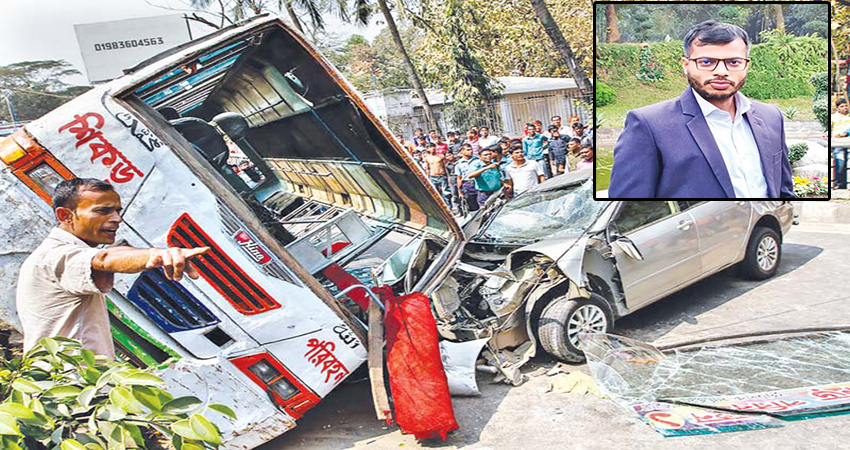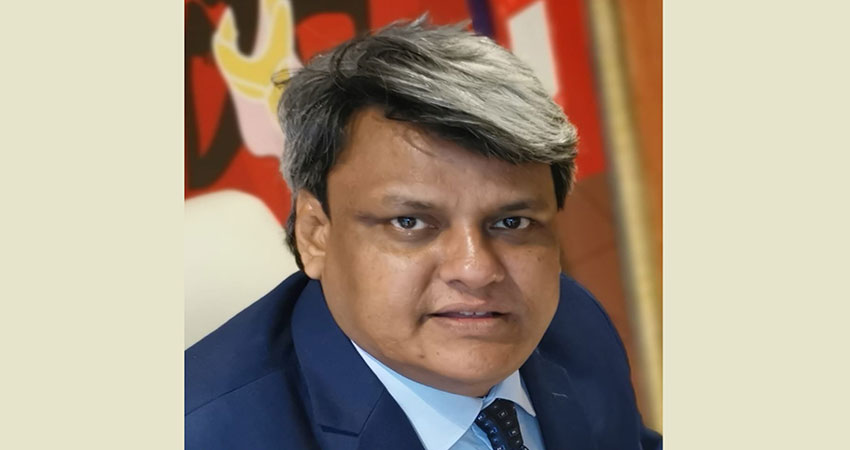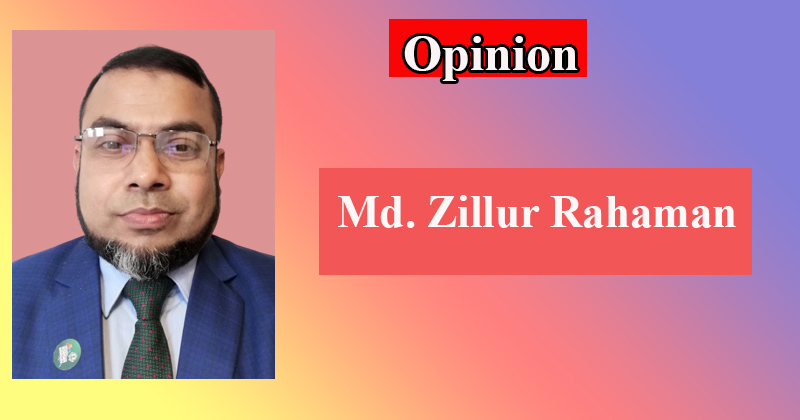One has worries about the future of democracy these days. Where once pluralism, based as it was on political liberalism, was a given, today it is the rise of illiberalism which is concerning.
Strangely enough, this emergence of illiberal politics has its roots in democratic expression in the sense that the exercise of democracy has made possible for the voices of harshness to be heard in politics.
The finger ought to be pointed at what has been happening in the West.
Take a look at the United States, where the functions of its three branches of government used to be a point of reference for people not citizens of America. Of course, America has always had problems, as the civil rights movement by Martin Luther King, Jr, was to demonstrate all too well.
But that the US was a model for aspiring democracies around the world was a point hardly ever contested.
And then came the Trumpistas, with their ugly brand of politics. One would certainly understand if it were only Donald Trump who could be excoriated. The dilemma is that Trump was able to prove, through all those millions of Americans backing him in his misleading drive to make America great again, that there were people in his country who had found a voice in him to express their sentiments on politics.
The consequences are not to be ignored. Despite the Department of Justice raiding his Mar-a-Lago home and coming away with files he should have left behind in the White House when his successor took over, his support base remains strong.
And now that strength will find new energy with the discovery that Joe Biden, as vice president under Barack Obama, was equally though not to the same level guilty of having kept possession of classified documents when the tenure of the Obama-Biden team ended in 2017.
Biden certainly was not aware of such a situation. But now that the files have been located and the president himself has acknowledged their presence in his office, American democracy gets wounded a little more. The Trumpistas are surely grinning from ear to ear.
That democracy is on a sticky wicket is a lesson one might have experienced, provided one were willing, in India. Nobel laureate Amartya Sen, never in the good books of the Bharatiya Janata Party, recently gave rise not to any controversy per se but to sentiments of a varied nature over his comments on Mamata Banerjee. The West Bengal chief minister, Sen has noted, possesses the ability to be India's prime minister.
That statement -- and anything Sen says or writes naturally makes the headlines -- swiftly led to a BJP spokesperson reminding people that no vacancy exists in the prime minister's office. Others have with alacrity noted that Banerjee simply does not have the numbers to make it to the office of prime minister.
Again, despite the clean bill of political health given her by the Nobel laureate, the guess is that the West Bengal chief minister will not have a chance to be prime minister without the support of the Congress and other parties. Her Trinamool Congress remains confined to her state.
And that is one more of the impediments democracy comes across. The Congress' Shashi Tharoor has volunteered the suggestion that the ruling BJP will lose as many as 50 parliamentary seats at the next election, in 2024. Despite such a projection, Narendra Modi and his party remain on strong ground.
Rahul Gandhi, nowadays sporting a rishi-like beard, has been touring India on what has been billed as Bharat Jodo Yatra. His party has been making much of the exercise, but whether the Congress can translate the cheers for Gandhi along the routes he has taken into votes remains a question the answer to which is hard to come by.
Democracy is on slippery ground when political opposition goes missing. And that precisely is the way realities have been shaping up in India since the decline of the Congress under the Nehru-Gandhis commenced.
It is hard to see how the Congress will claw back to significance, given that its new leader in the shape cheerfully remains beholden to the descendants of Motilal and Jawaharlal Nehru. Had the party opted to have Shashi Tharoor as its leader, a difference could have been made. That has not happened.
And what has been happening in other regions of the globe, through the exercise of the machinery of democracy, has not been encouraging either.
The rise of Georgia Meloni is a case in point. The fact that Marine Le Pen, in spite of her earlier defeats, remains in presidential contention in France, says something about the dilemma of democracy.
Add to that the clear lessons politicians like Jair Bolsonaro have imbibed from nations not too deeply rooted in democratic traditions. Bolsonaro supporters, having assiduously read the Trump textbook on how to subvert democracy, stormed the presidential residence, parliament, and other institutions of the state because they resented the electoral triumph of Luis Inacio Lula da Silva.
Not to accept the results of elections is fast taking viral form. When one adds to it the return to power of the likes of Binyamin Netanyahu in Israel, despite the slew of corruption charges and police investigations into the earlier periods in power by Netanyahu, the sense of shock cannot be underestimated.
Here is a politician who, from the clear perspective of the law, should be responding to the charges against him in court; and there is an electorate ready and willing to overlook such malfeasance and return him to high office.
The question then arises: Has democracy lost its way? A glance at Malaysia leaves us with the happy feeling that democracy is indeed working, that despite the churlish politics of Mahathir Mohamed, well-meaning politicians like Anwar Ibrahim can eventually climb to the peaks. Mahathir, who ought to have stepped aside long ago, has now had his comeuppance: He was not re-elected to his parliamentary seat.
Ramachandra Guha puts it in perspective. The decline of democracy he associates with the decline of political parties. Dynasties have been proclaimed where unfettered democracy used to be. Guha's observation covers India, where political parents have with no sense of embarrassment steered their children into central party and government positions.
Democracy gets into a bad state of health when cult of personality takes over. Liberalism and the power of the people to shape and reorder their lives are then left wounded to the bone.
Syed Badrul Ahsan is a journalist and biographer.
Source: DT

